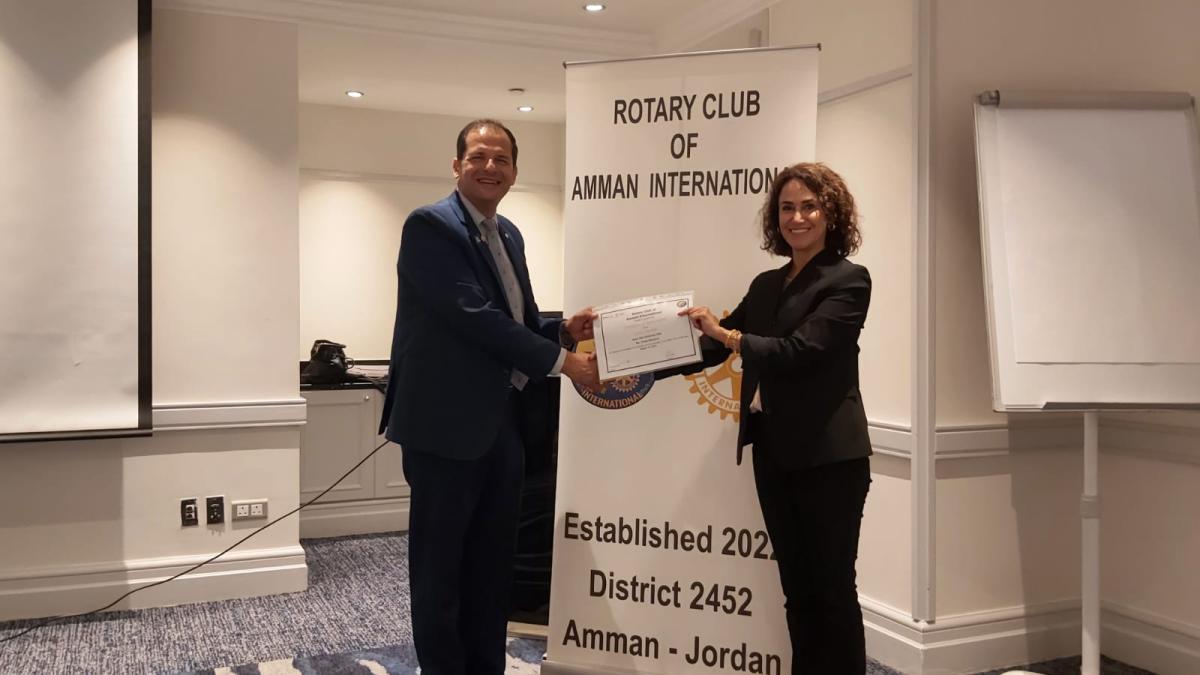Save the Children CEO rebuttals attacks on children’s rights law

Diala Khamra, the CEO of Save the Children Jordan provided the most compelling statistical evidence for the need for modern law in Jordan to uphold the rights of children.
Speaking at the Amman International Rotary Club, Khamra presented on Wednesday compelling data that show the need for the government to step up its efforts to ensure the right to protect, defend and ensure health and education that children in Jordan deserve.

Khamra said that while 97% of children in Jordan get basic education, 112,016 are out of school today, among them 50 thousand Syrians, 40 thousand Jordanians, and 21 thousand from different nationalities. Among persons with disabilities a whopping 79% don’t receive any education, she said. Of students in second and third grade, 70% read without comprehension and one-third study in schools that do not provide conducive physical space because of the two-shift system and because they are rented spaces, not originally built for educational purposes. Corporal punishment is widespread and child labor numbers are worrisome. She said that among an estimated 76,000 children engaged in child labor, 60% work in hazardous jobs. Child marriage continues to be a problem. “While the law in Jordan sets the minimum age of 18 for marriage, 11% of current marriages are registered for children under 18 using the exception clause,” Khamra emphasized.
The CEO of Save the Children Jordan said that although compulsory education for KG1 & 2 was dropped in the current draft of the Child Rights Law, “it is still a good law that needs to be passed because it obligates the government to do more for children, especially in the areas of education, health, and wellbeing.”
She added that the draft child rights law is an important milestone for children in Jordan and a step in the right direction although it still needs development in some areas. If implemented on the ground, it will serve as a guiding compass for all parties working with children, especially since the law outlined the government’s commitment to accomplish various aspects of the law within a period of two years but no longer than ten years.
After her presentation, Khamra answered questions of members of the Amman International Rotary club and rebutted a number of objections that have been aired criticizing the draft law.












































